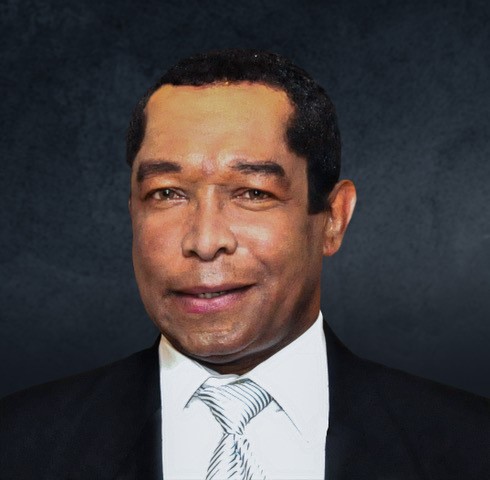Lord Taylor of Warwick’s article for Parliament’s ‘The House’ magazine on Black History Month.
I’ve got no problem with you black people. I love soul music. We had no racism in Cheltenham until you came here”. It was December 1990 and I had just been selected as the Conservative Party’s Parliamentary candidate.
On paper my credentials were solid. I was the first black UK Government Special Adviser. I was an experienced Barrister and the first black Conservative Councillor elected in the Midlands. I had won that election with over 76% of the total vote. But then a local businessman shouted out at my adoption meeting at the Cheltenham Town Hall, “We do not want a bloody nigger as our MP”.
I became national and international news, particularly in America, Africa and even Japan. The New York Times published regular updates, during the two years leading up to the General Election in 1992. Never before had a black candidate sought to become the MP in an almost all-white constituency.
Prime Minister John Major was asked questions in Parliament about “The Cheltenham Candidate”. Letters poured in from all over the world. This was before social media, but there were death threats and extreme racist insults. Yet the letters and messages I remember most were the kind comments and beautiful prayer support.
That election was a narrow defeat. But it was fuel for future successes. I rose to become a Judge. I worked at BBC Television and Radio, both as producer and presenter. I served ten years as Vice President of The British Board of Film Classification.
I became the first black Conservative Peer in British history and Britain’s first Black University Chancellor.
My Bill established Britain’s first DNA database, which continues to save countless lives. I also had the joy of opening a new orthopaedic hospital in my parents’ homeland of Jamaica.
Has the issue of Race in politics changed since 1992? The journey towards racial equality is a marathon, not a sprint. Racism is centuries old and still deeply entrenched in society. But there is cause for optimism.
There are events that have occurred in 2020 which are racially significant. My wife is a white Swedish Texan, so our backgrounds are very different. We follow closely the racial events in America. Time will tell whether they are moments or movements. But they have focused the world’s attention again on emotive issues like slavery and historical statues. Some of the anti-racism protests were sadly high-jacked by those with other motives. Martin Luther King did not loot, burn or attack, yet his vision continues to change the world.
Corporations, media, films, sports and politicians are now acknowledging the structural nature of racism. Politically there needs to be much more progress.
When I was appointed as a Peer in 1996, I was the only black Lord out of nearly 1800. On my first day in the House of Lords, one of the elderly Viscounts asked me to fetch him a gin and tonic, because he assumed I was a waiter.
Personally I have been honoured to speak at The White House, The United Nations and The World Trade Organisation. But in the House of Commons just under 10% of MPs are non-white ethnic minority. Amongst Peers, it is still only 6.1%.
For decades around the world, I have spoken about Diversity and Inclusion, for example at the Police Training College and at Sandhurst’s Royal Military Academy. I continue to challenge company board rooms to become more diverse.
My parents came to Britain, by invitation, after the Second World War. Upon arrival, they faced signs in windows warning No Blacks, No Irish, No Dogs. It is difficult to understand racism unless you have actually experienced it. But one must choose to be a victor, not a victim.
The very essence of God’s creativity is celebrated in the Diversity of Mankind. Yet ultimately there is only one race, the Human Race.
